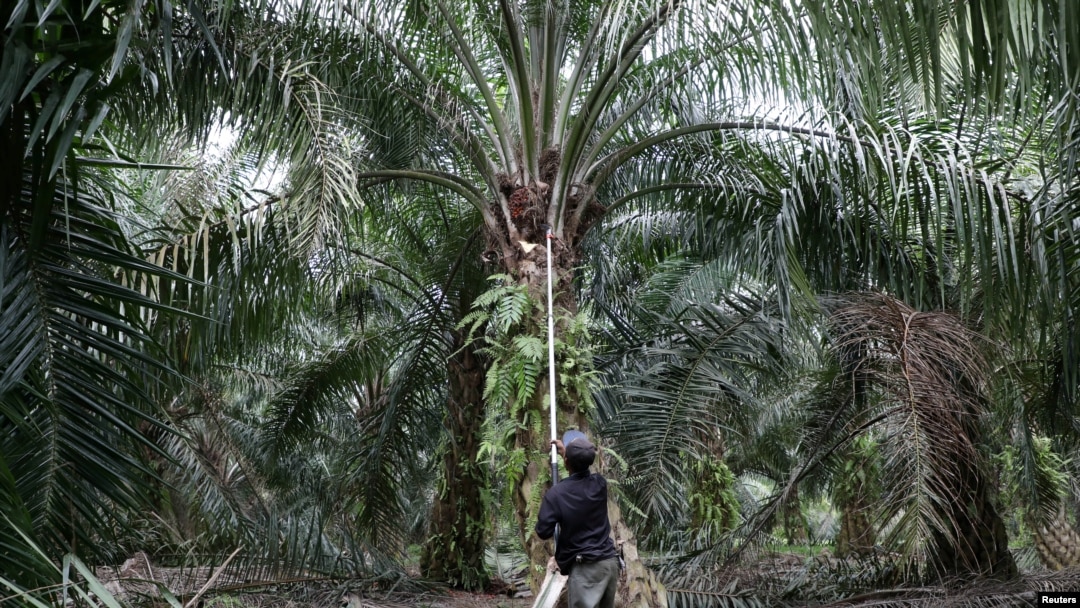The United States said Wednesday it has banned imports of palm oil from a large producer in Malaysia after an investigation uncovered alleged company labor abuses, including forced child labor and sexual and physical violence.
Shipments of palm oil and its products from FGV Holdings were banned immediately, according to the U.S. Customs and Border Protection Office of Trade, which said the ban was the result of a year-long Associated Press investigation.
FGV, which has long faced allegations of labor and human rights abuses, is the world’s largest crude palm oil producer and is closely linked to the Malaysian government’s Federal Land Development Authority (Felda).
Some of the alleged abuses occurred on Felda plantations, which produced palm oil that was traced to well-known food and cosmetics companies such as L’Oreal, Nestle, Proctor & Gamble and Unilever.
FGV did not immediately respond to requests for comment, but the company said in recent statement that “Despite ongoing criticism and allegations against FGV, we will continue with our effort to strengthen our practices to respect human rights and uphold our labor standards.”
The investigation also exposed labor abuses in Indonesia’s palm oil industry. Together, the two countries produce about 85% of the world’s palm oil valued at $65 billion annually.
More palm oil is consumed worldwide than any other vegetable oil. It is an ingredient in about half of all products on supermarket shelves. The U.S. Department of Agriculture says global production of palm oil soared from 4.5 million metric tons in 1999 to 65.3 million today.


